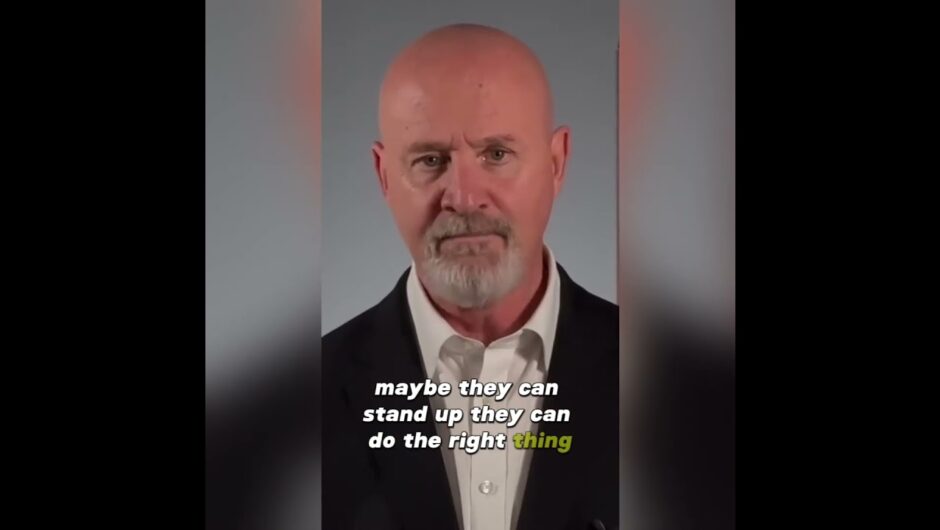BOCSAR executive director Jackie Fitzgerald said the recent trials of prominent footballers had highlighted the standard of proof used in criminal proceedings, requiring an offence to be proven beyond reasonable doubt.
Loading
Ms Fitzgerald said the low conviction rate was an intractable issue and the outcomes in the trials of the footballers were likely to have an impact on how many victims pursued charges.
“Those particular cases are obviously harrowing for those people involved and it’s reasonable to think that could translate into reduced reporting, even for a short period. I think that’s likely,” she said.
Nicholas Cowdery, QC, former NSW director of public prosecutions, said there was already a deterrent effect for victims who did not want to go through a traumatic trial where their version of events would be aggressively questioned.
“When people see that in cases that attract a lot of publicity … the alleged victim is put through a very testing experience and the end result is either indecision or an acquittal then I think it’s a fair comment that would act as an additional deterrent to any victims in that situation from coming forward,” Mr Cowdery said.
Mr Cowdery said it was easy for the defence to sow enough doubt in jurors’ minds as they weigh up one person’s word against another’s, especially when the matter hinged on the question of consent.
Loading
He said some of the difficulty for victims in sexual assault trials was an inevitable result of important legal concepts – like the presumption of innocence and proving an offence beyond reasonable doubt – but the process could still be improved and delays reduced.
Some reforms have already been put in place that seek to make it easier for complainants, including allowing the use of a complainant’s original evidence in a retrial and permitting evidence to be given by videolink rather than in the court room.
Among other suggested changes to consent laws, a recent NSW Law Reform Commission report recommended juries receive improved directions to address misconceptions about consensual and non-consensual sex.
The report was commissioned by the state government in 2018 following the acquittal of Luke Lazarus, who was accused of rape by Saxon Mullins. The highly publicised matter, which centred on the question of consent, involved a trial, a retrial and two appeals over five years.
Former NSW director of public prosecutions Nicholas Cowdery, QC, believes sexual assault reporting might be affected by recent court outcomes. Credit:Rob Homer
Ms Mullins criticised the findings of the report and said the law should change to stop an accused relying in court on a mistaken belief in consent based on reasonable grounds unless they took steps to find out if the other person was consenting to sex.
Helen Campbell, executive officer of Women’s Legal Service NSW, said it would be understandable if seeing the price paid by sexual assault victims in criminal trials affected potential complainants.
“I have no personal experience of any particular client saying they would not report to police because of an outcome they saw in the news but it wouldn’t surprise me,” she said.
Ms Campbell pointed to the trial of de Belin and his friend Callan Sinclair which saw the 19-year-old complainant give evidence in the witness box over five days.
“Who would want to do that? And why is it allowed? … The criminal justice system needs to be reformed to be more supportive and protective of victim witnesses,” she said.
The juries in the trial of de Belin and Sinclair and the separate Hayne trial were both unable to reach a verdict in late 2020.
Hayne was accused of sexually assaulting a 26-year-old woman in her Newcastle home. He pleaded not guilty and a jury of eight men and four women was discharged after they were unable to reach a verdict. Hayne will face a retrial next year.
De Belin and Sinclair both pleaded not guilty to allegations they raped the 19-year-old woman in Wollongong in December 2018 after a night out. The pair said the encounter was entirely consensual. The jury was unable to reach a unanimous or majority verdict on the five charges of aggravated sexual assault against each man. A retrial has been scheduled for April.
Start your day informed
Our Morning Edition newsletter is a curated guide to the most important and interesting stories, analysis and insights. Sign up to The Sydney Morning Herald’s newsletter here.
Fergus Hunter is a crime reporter for The Sydney Morning Herald.
Most Viewed in National
Loading







